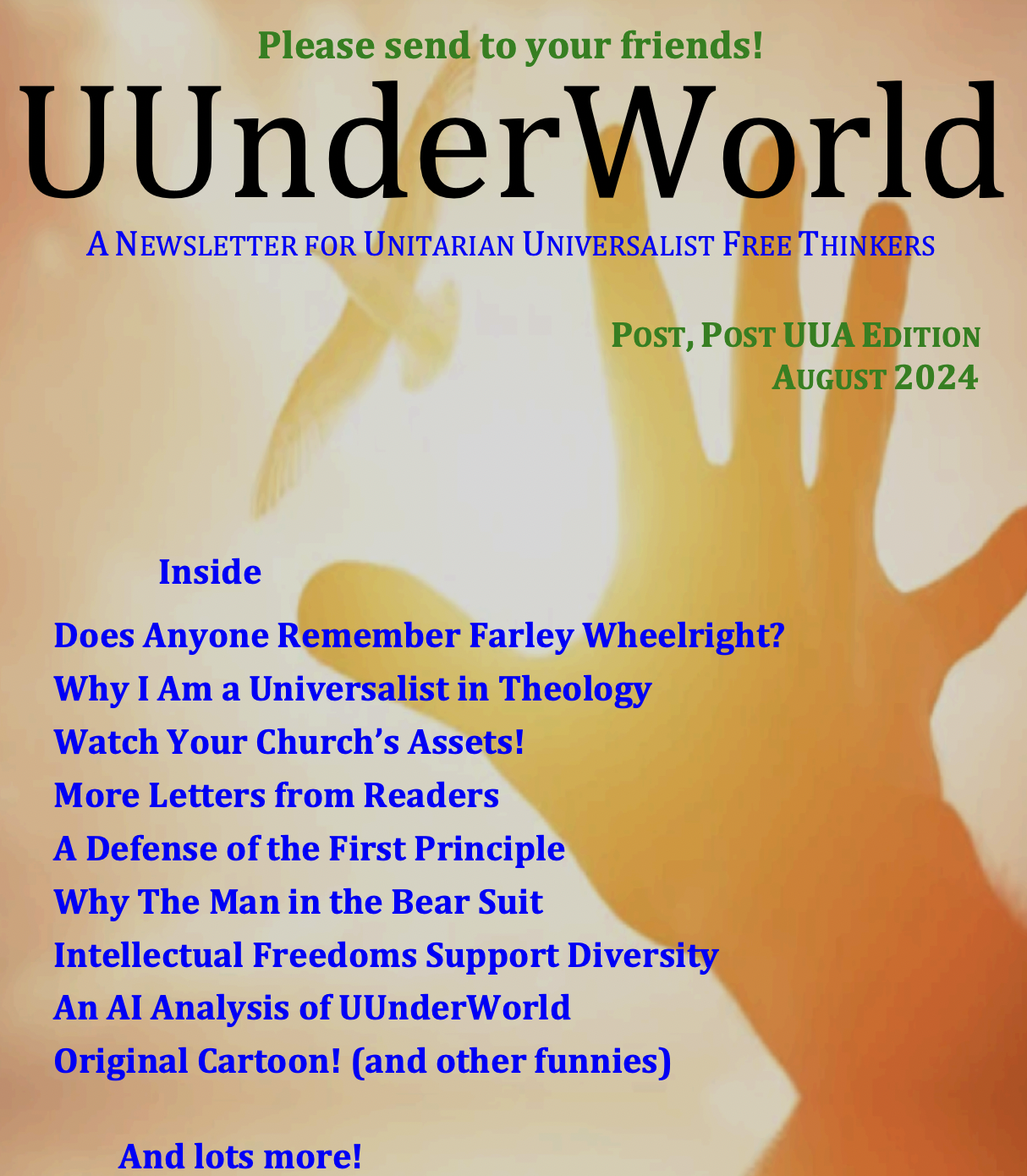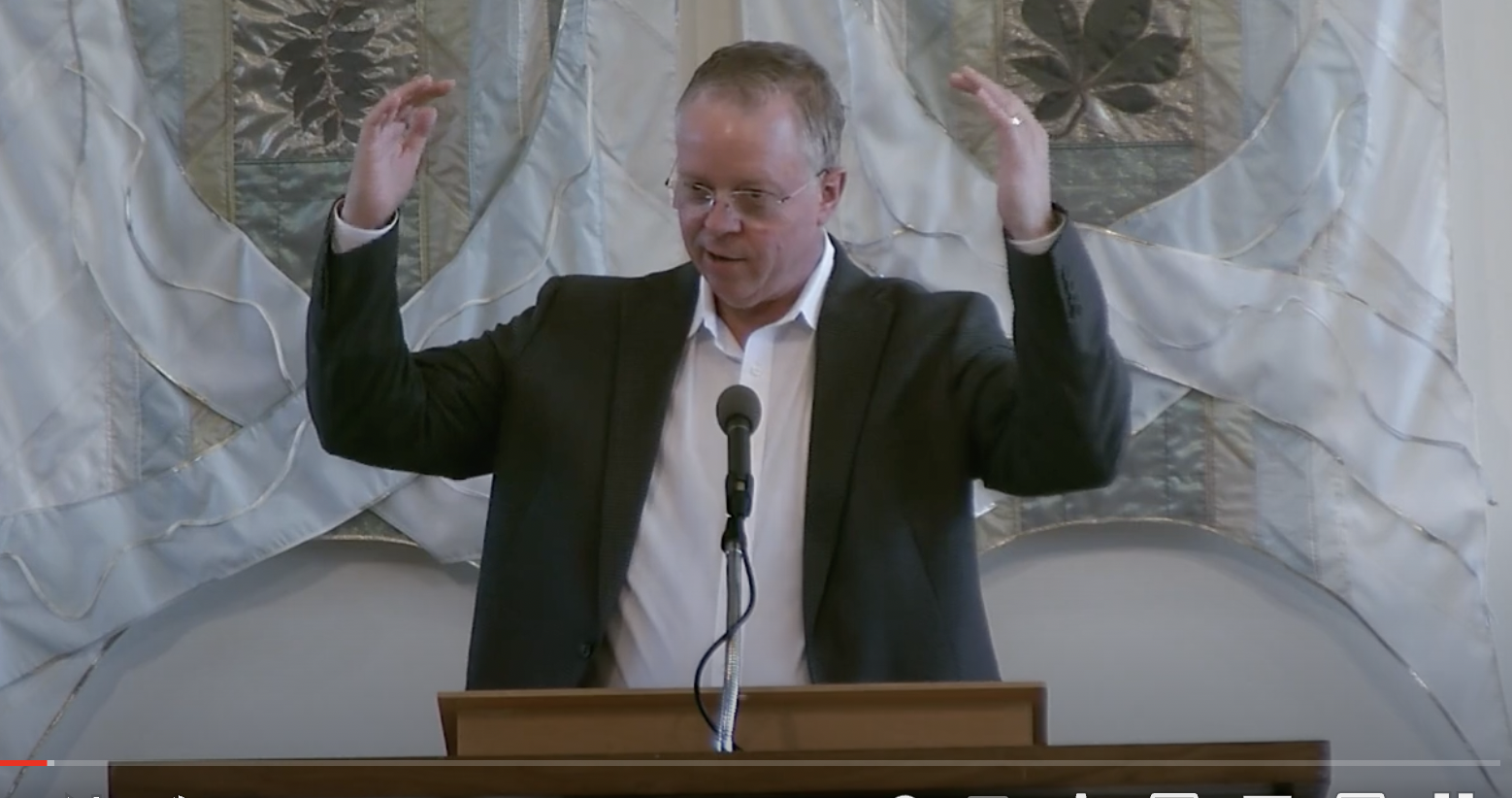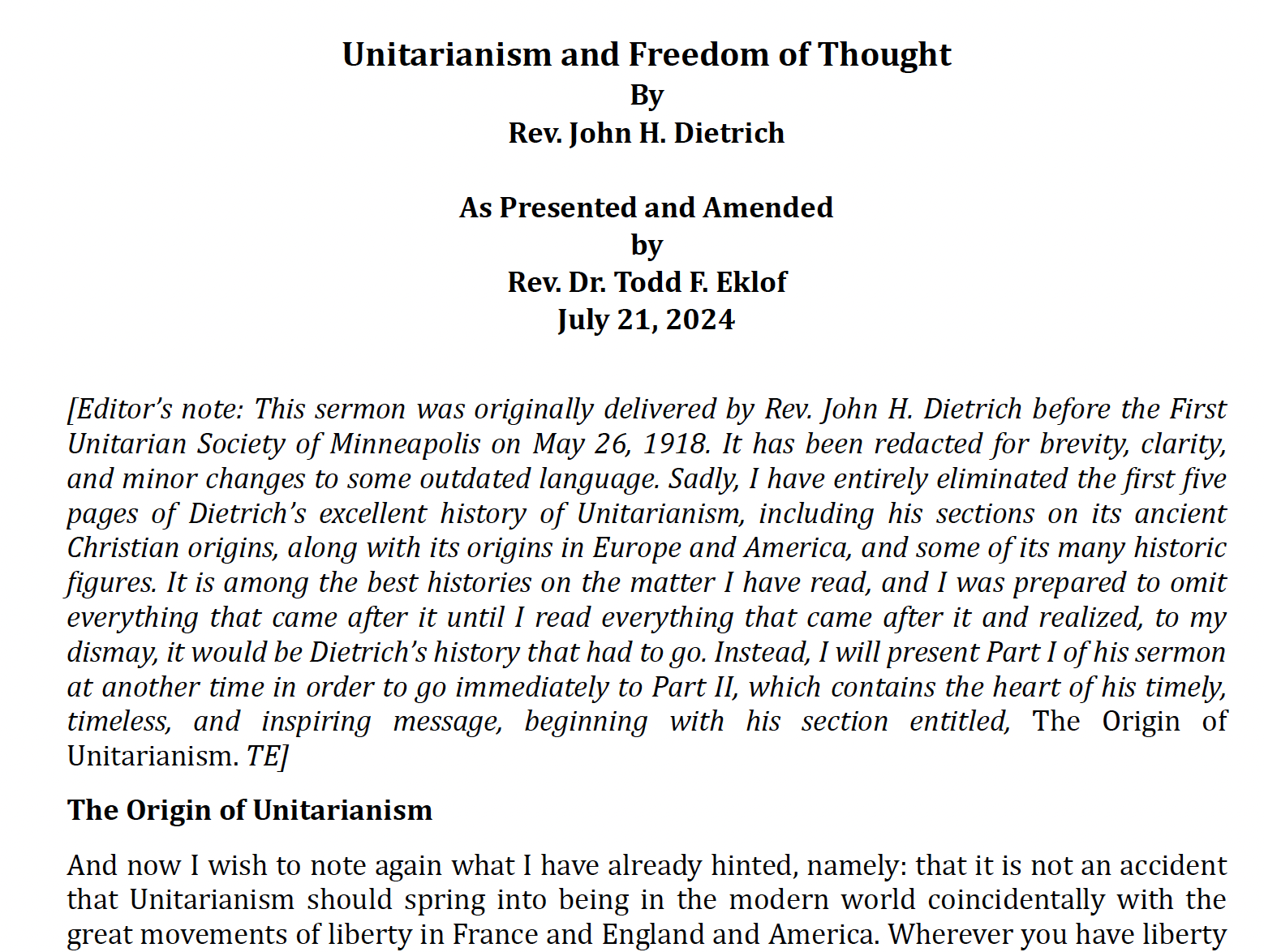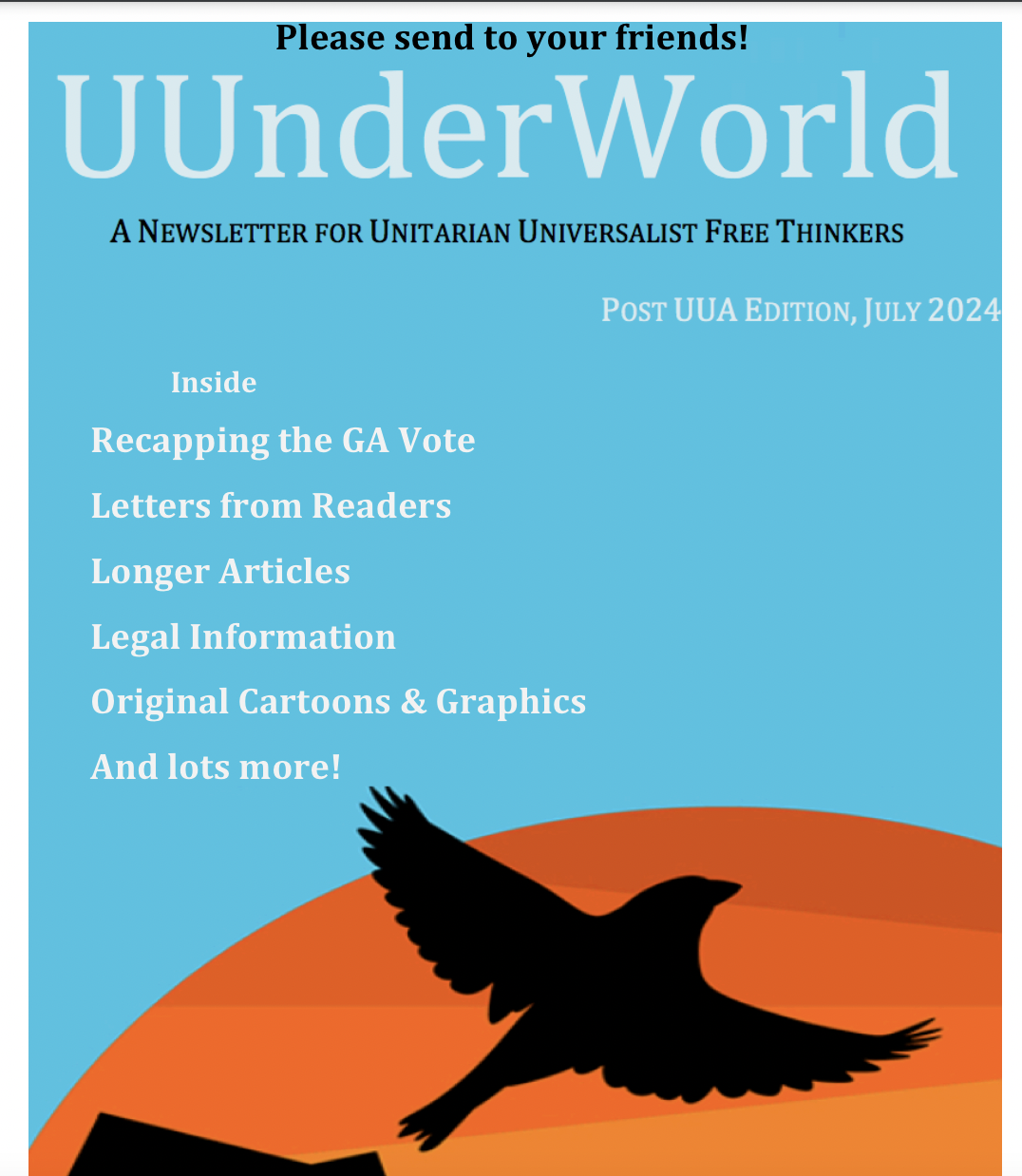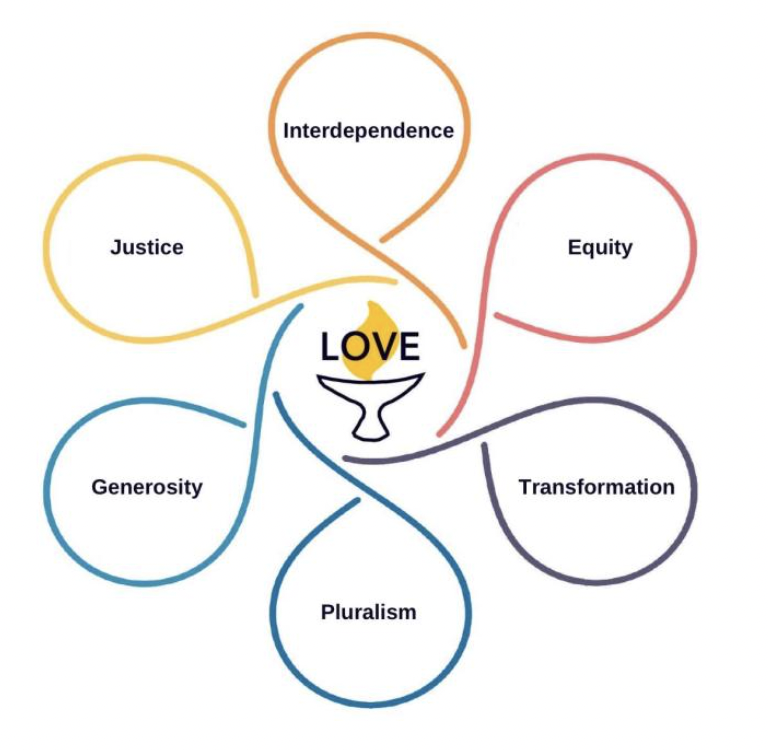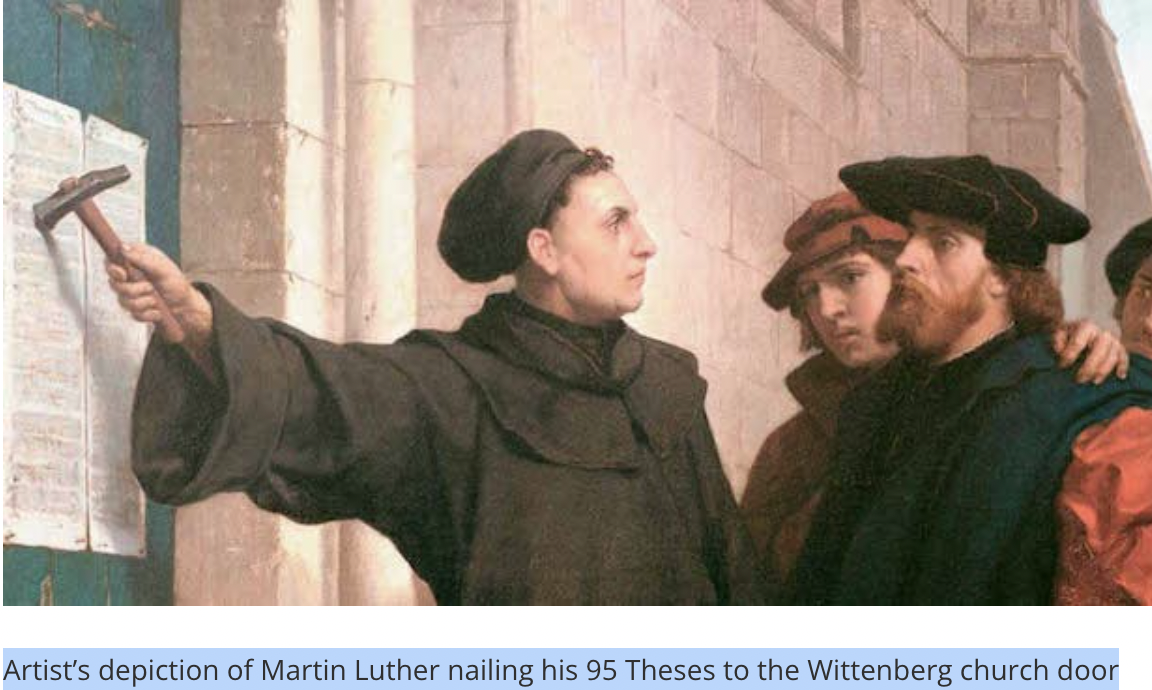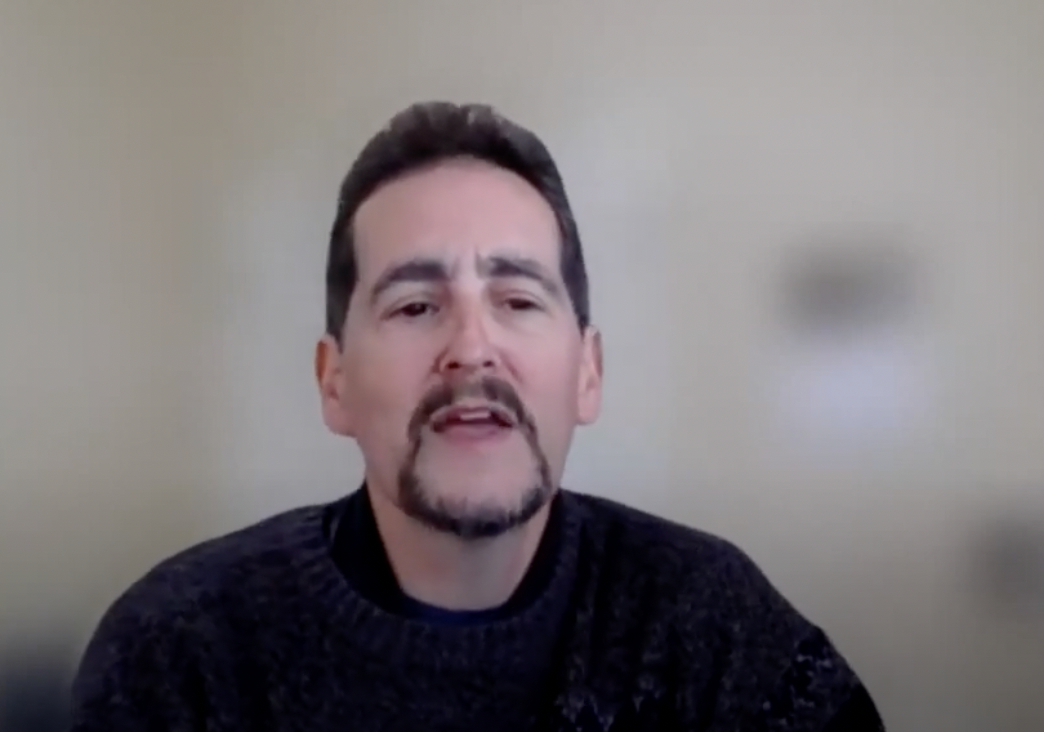Dear Editor:
It’s now been 5 years since Rev. Todd Eklof published his book The Gadfly Papers and distributed it freely at the UUA General Assembly in Spokane in July 2019. Like the ceremonial nailing of the 95 Theses on the door of the church in Wittenberg by Martin Luther in 1517, it has led to major changes in the trajectory of Unitarian Universalism. First and foremost was the launching of the independent North American Unitarian Association. And just as Martin Luther was branded a heretic by the Catholic Church four years later, Rev. Todd has been disfellowshipped from the UUA. But unlike the Catholic Church, which later underwent a Counter-Reformation to try to correct some of the abuses that Luther noted, there is no sign of the UUA leadership’s willingness to remedy theirs.
On the occasion of this memorable anniversary, I thought it would be appropriate to point out some of the most pertinent parts of The Gadfly Papers, especially those that were particularly prescient.
From the Preface: These are not easy matters to write about, having witnessed the vitriol directed at well meaning individuals who get off script, and knowing that some of it is now sure to come my way … But, in fighting for what we believe in, we cannot allow ourselves to become what we disbelieve in, nor achieve our goals by adopting the cruelties of those we oppose. The end matters, but so do the means. I, for one, cannot continue traveling along a path with those who no longer respect the minds and voices of their fellow sojourners.
From the Afterword:
Either we reconnect with our historic roots, dealing, at last, with our theological and class conflicts, so we can return to and fulfill our promise of establishing a universal nonsectarian religion of humanity, or we allow a misguided identitarian philosophy to continue segregating us from each other until all that remains necessary for the dissolution of our denomination is mere formality. I hope it doesn’t come to this, but if it’s the only way to remember and recommit to our once cherished principles of reason, freedom of conscience, and common humanity, we may have no other choice.
Bob Simoni
Hayward, CA


